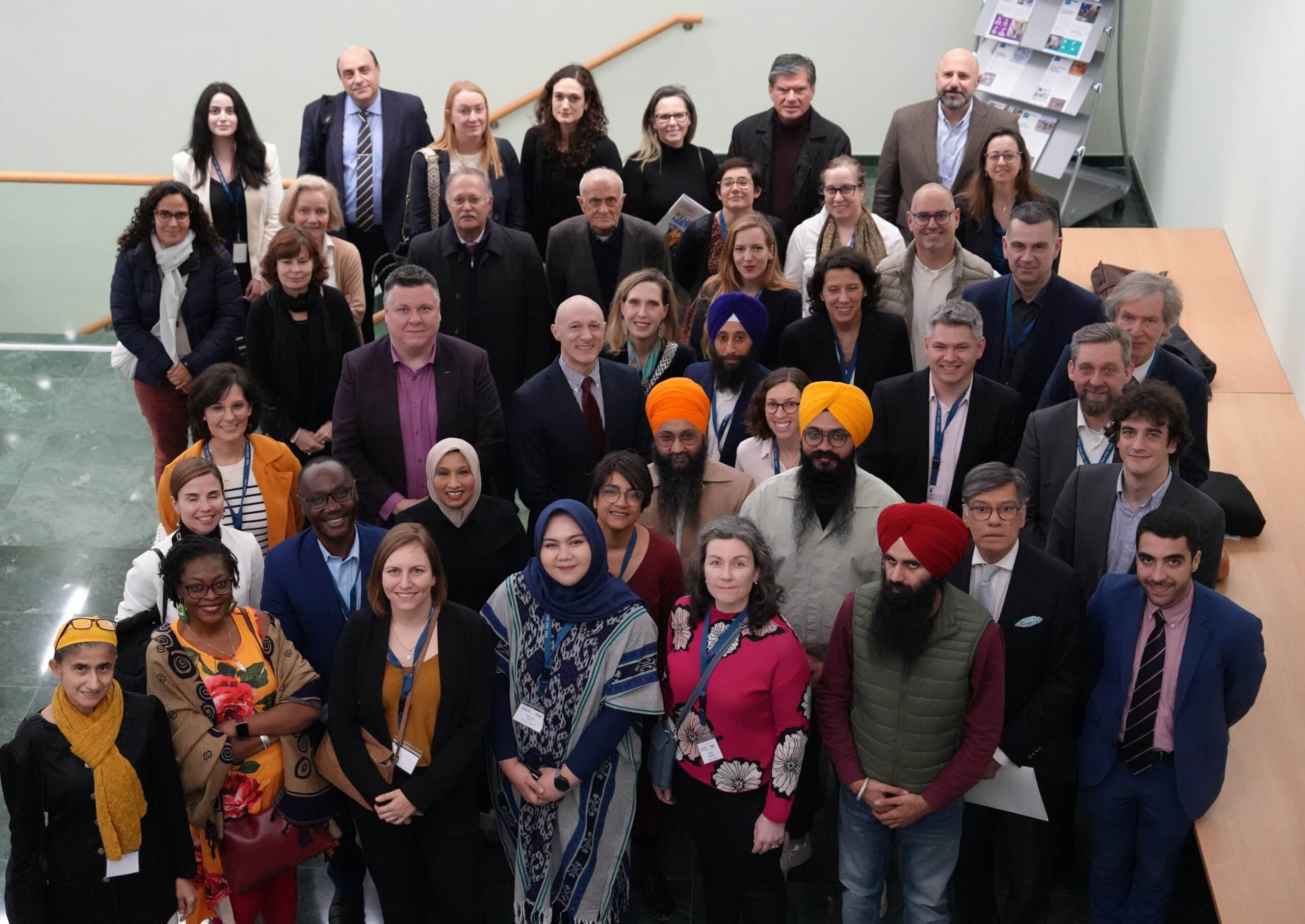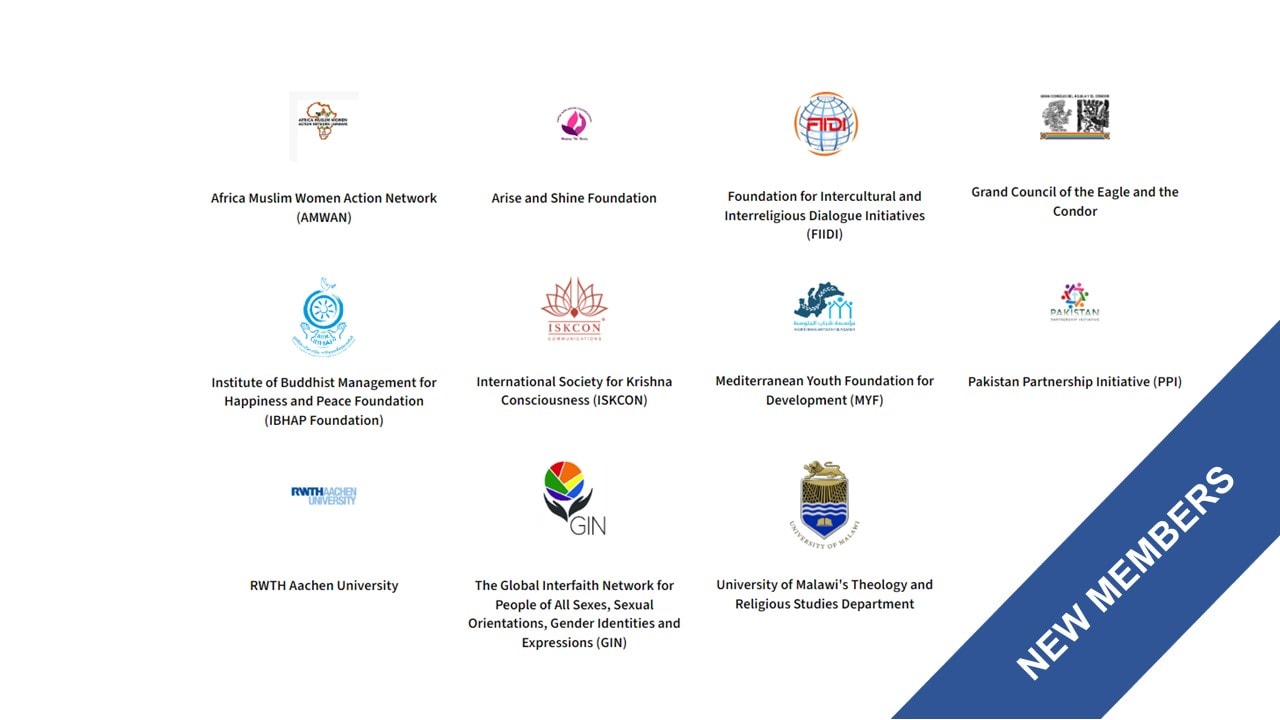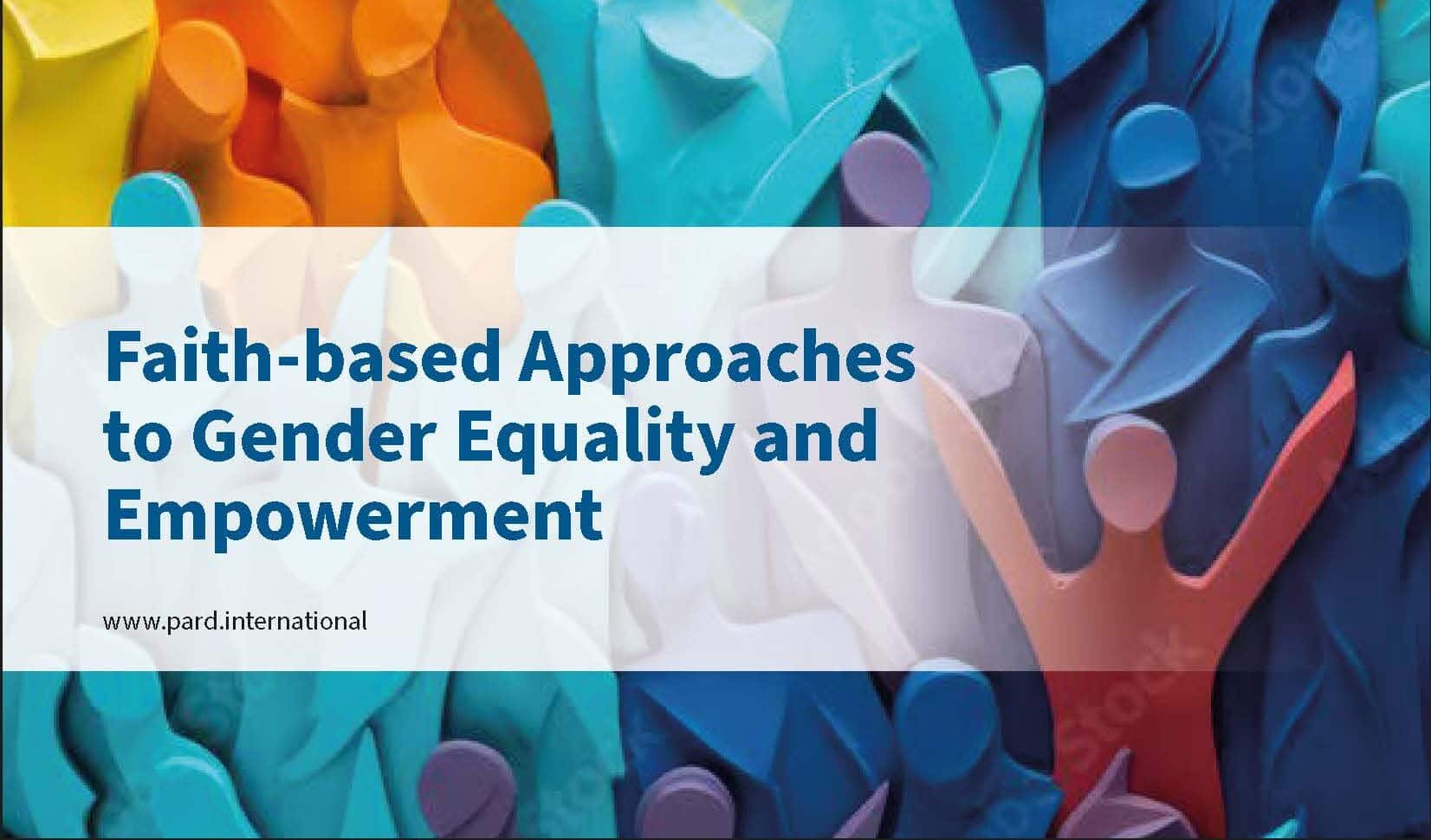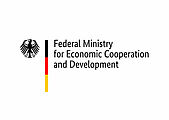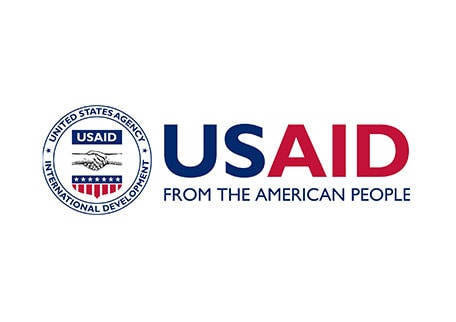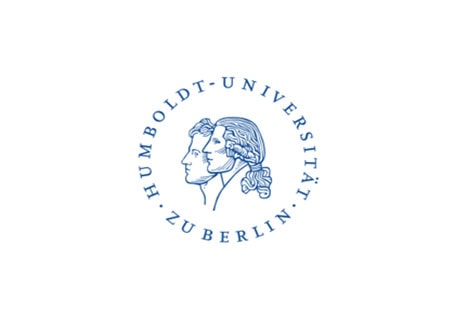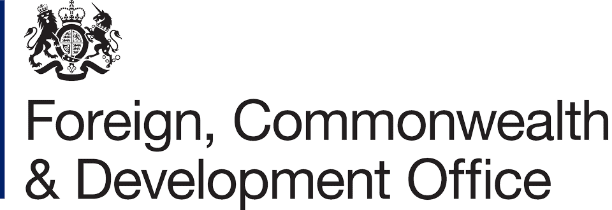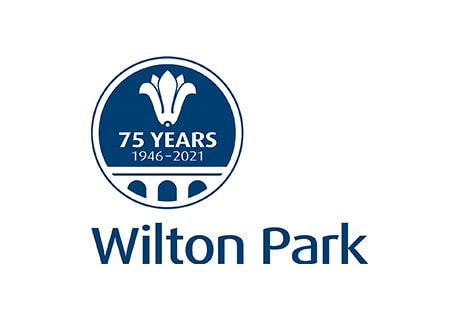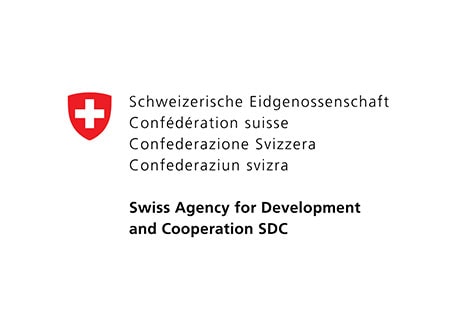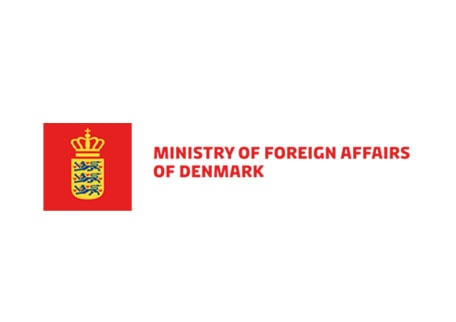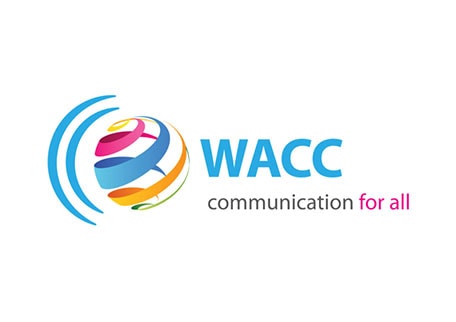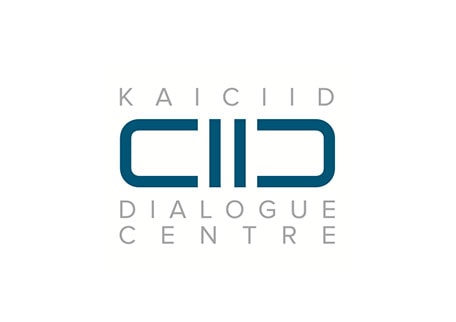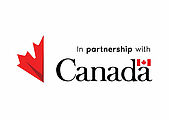Around 100 global participants gathered at PaRD’s Annual Forum on Religion and Sustainable Development 2023 in Berlin from 17 to 19 October, echoing a message of hope, dignity, peace, and cooperation.

“Against the backdrop of increasing violence and the erosion of democratic values and human rights, we stand for hope, dignity, peace, forgiveness, dialogue, human rights, and justice.” With this message, participants from diverse religious traditions opened PaRD’s Annual Forum on Religion and Sustainable Development 2023 in Berlin on 17 October.
Around 100 in-person and online participants from politics, academia, religious and other civil society organisations exchanged ideas and successful approaches to contributing to the Sustainable Development Goals (SDGs). During this time, the attendees collectively dedicated their efforts to crafting new action plans for the year 2024 within the PaRD framework. These plans encompassed critical areas, including but not limited to water, environment and climate action, gender equality and empowerment, health, sustaining peace, Freedom of Religion and Belief, as well as localisation.
Moreover, the participants collaboratively formulated policy recommendations through an inclusive and participatory process, with the goal of enhancing collaboration with religious and indigenous actors and initiatives. These recommendations entail making better use of existing resources and networks of local actors who are actively contributing to the SDGs. Representatives from governments of Germany, Brazil, Denmark, the United Kingdom, Indonesia, and the USA were impressed by the partnership’s culture of dialogue and consensus-building, as well as its year-round engagement in workstreams.
Prominent Speakers Emphasise Multi-Stakeholder Partnerships for Multiplex Collaboration
High-level speakers, including Frank Schwabe, a Member of the German Parliament and the German Government’s Commissioner for Freedom of Religion or Belief; Jochen Steinhilber, BMZ Department Head; Ingrid-Gabriela Hoven, Managing Director of GIZ; Nazila Ghanea, Special Rapporteur on Freedom of Religion or Belief; Professor Dr Kamaruddin Amin, Director General of Islamic Community Guidance at the Indonesian Ministry of Religious Affairs; and David Sangokaya, Head of Civil Society Impact at the World Economic Forum, stressed the importance of multi-stakeholder partnerships. These collaborative alliances enable multiplex collaboration, which means long-term cooperation on an equal footing and the inclusion of all segments of society. Furthermore, the speakers stressed the necessity of a vibrant civil society and shared their positive experiences with religious actors who contribute, among other regions, to securing human rights, healthcare, social cohesion, and peace in Africa, Asia, and Latin America.
First Faith Pavilion at a COP
Dr. Iyad Abu Moghli from UNEP and Director of the Faith for Earth Initiative, and Mohamed Bahr from the Muslim Council of Elders provided insights into the preparations for the Faith Pavilion at COP28. For the first time in COP’s history, religious actors will make their contributions to environmental and climate protection visible in a dedicated pavilion, voicing concrete demands to policy and a multifaith statement. PaRD is part of the planning group for the Faith Pavilion, ensuring that the voices of partnership members are represented.
About PaRD
The International Partnership on Religion and Sustainable Development (PaRD) is a unique global multi-stakeholder partnership, mainly funded by the Federal Ministry for Economic Cooperation and Development (BMZ). Its Secretariat is hosted by the Deutsche Gesellschaft für Internationale Zusammenarbeit (GIZ) GmbH. PaRD enables long-term collaboration between governments, multilaterals, academic, religious, and other civil society actors. It consolidates successful contributions to the Sustainable Development Goals of Agenda 2030 and makes them globally visible.

